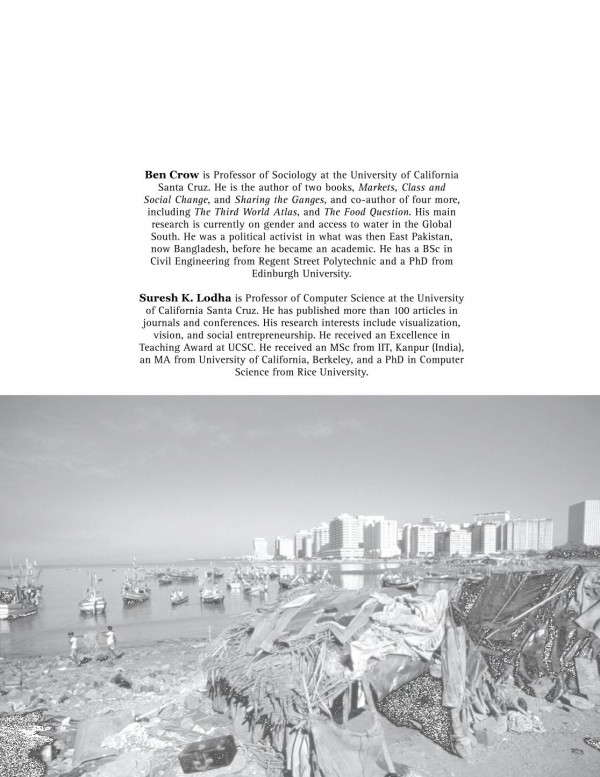

Most ebook files are in PDF format, so you can easily read them using various software such as Foxit Reader or directly on the Google Chrome browser.
Some ebook files are released by publishers in other formats such as .awz, .mobi, .epub, .fb2, etc. You may need to install specific software to read these formats on mobile/PC, such as Calibre.
Please read the tutorial at this link: https://ebookbell.com/faq
We offer FREE conversion to the popular formats you request; however, this may take some time. Therefore, right after payment, please email us, and we will try to provide the service as quickly as possible.
For some exceptional file formats or broken links (if any), please refrain from opening any disputes. Instead, email us first, and we will try to assist within a maximum of 6 hours.
EbookBell Team

4.4
52 reviewsDrawing on research from around the world, this atlas gives shape and meaning to statistics, making it an indispensable resource for understanding global inequalities and an inspiration for social and political action. Inequality underlies many of the challenges facing the world today, and The Atlas of Global Inequalities considers the issue in all its dimensions. Organized in thematic parts, it maps not only the global distribution of income and wealth, but also inequalities in social and political rights and freedoms. It describes how inadequate health services, unsafe water, and barriers to education hinder people’s ability to live their lives to the full; assesses poor transport, energy, and digital communication infrastructures and their effect on economic development; and highlights the dangers of unclean and unhealthy indoor and outdoor environments. Through world, regional, and country maps, and innovative and intriguing graphics, the authors unravel the complexity of inequality, revealing differences between countries as well as illustrating inequalities within them.
Topics include: the discrimination suffered by children with a disability; the impact of inefficient and dangerous household fuels on the daily lives and long-term health of those who rely on them; the unequal opportunities available to women; and the reasons for families’ descent into, and reemergence from, poverty.